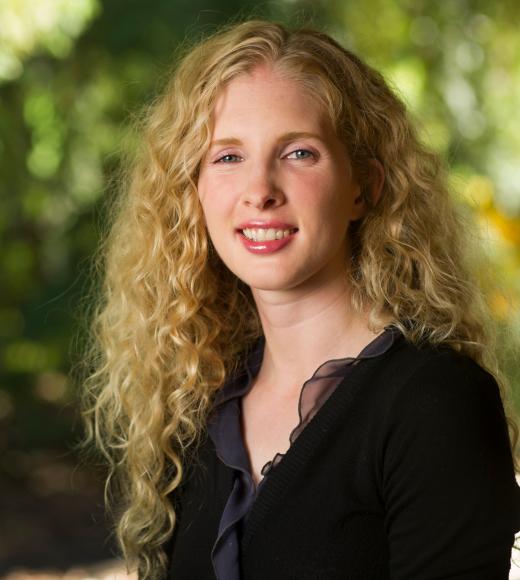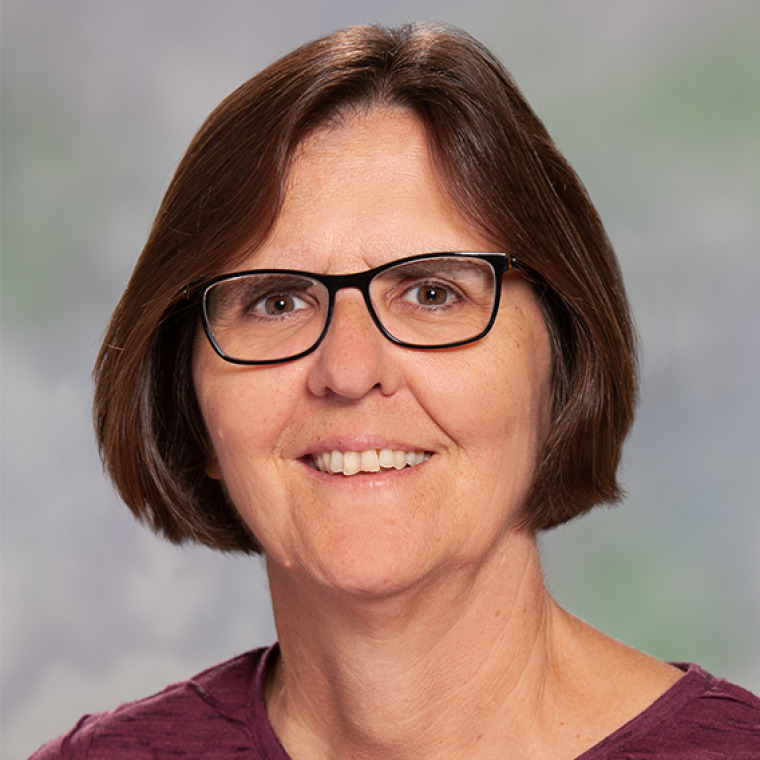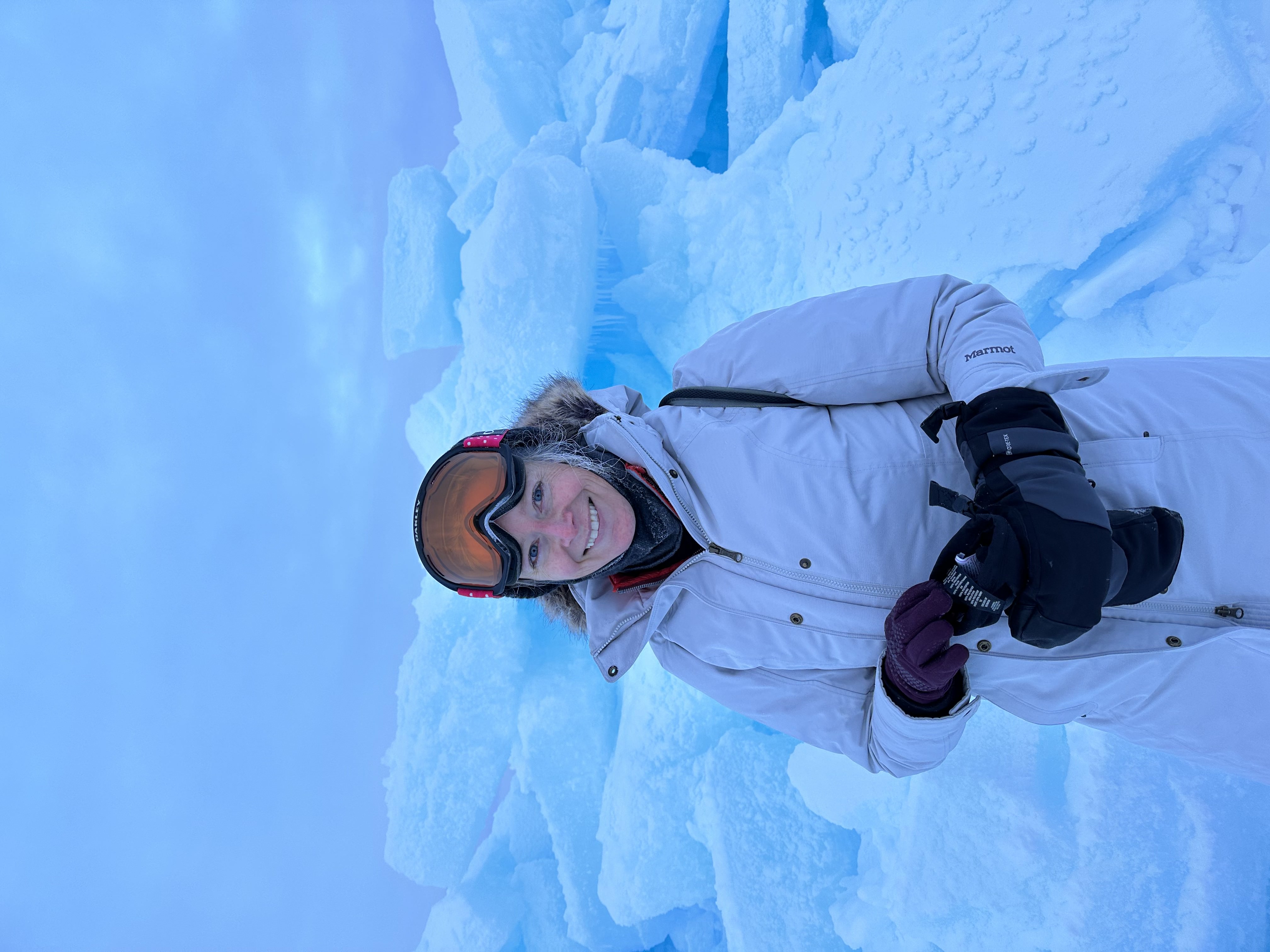WOW7 Plenaries
Our opening plenary set a fantastic tone for WOW7. Thank you to our speakers.
Photos from the plenary:
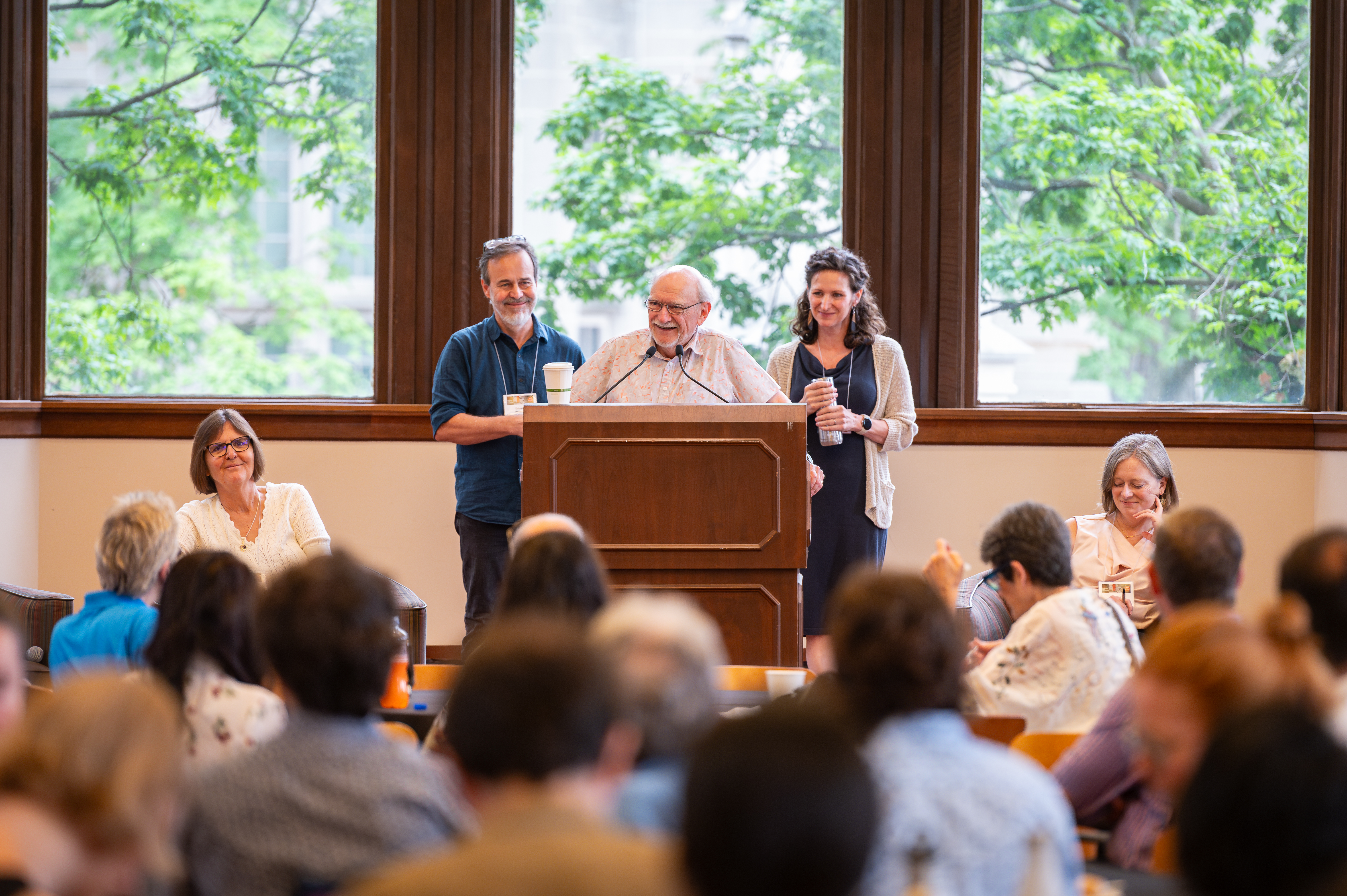
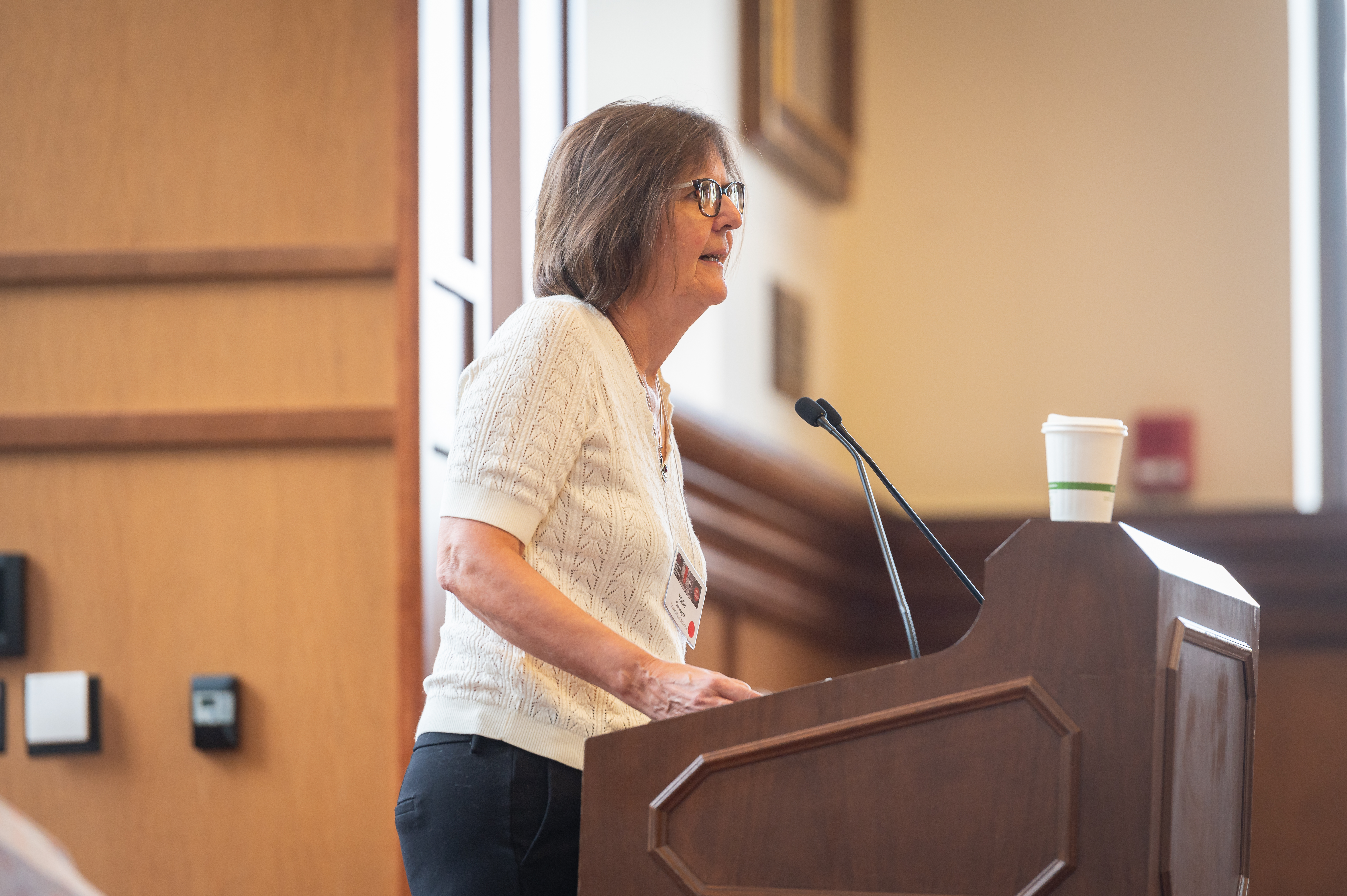
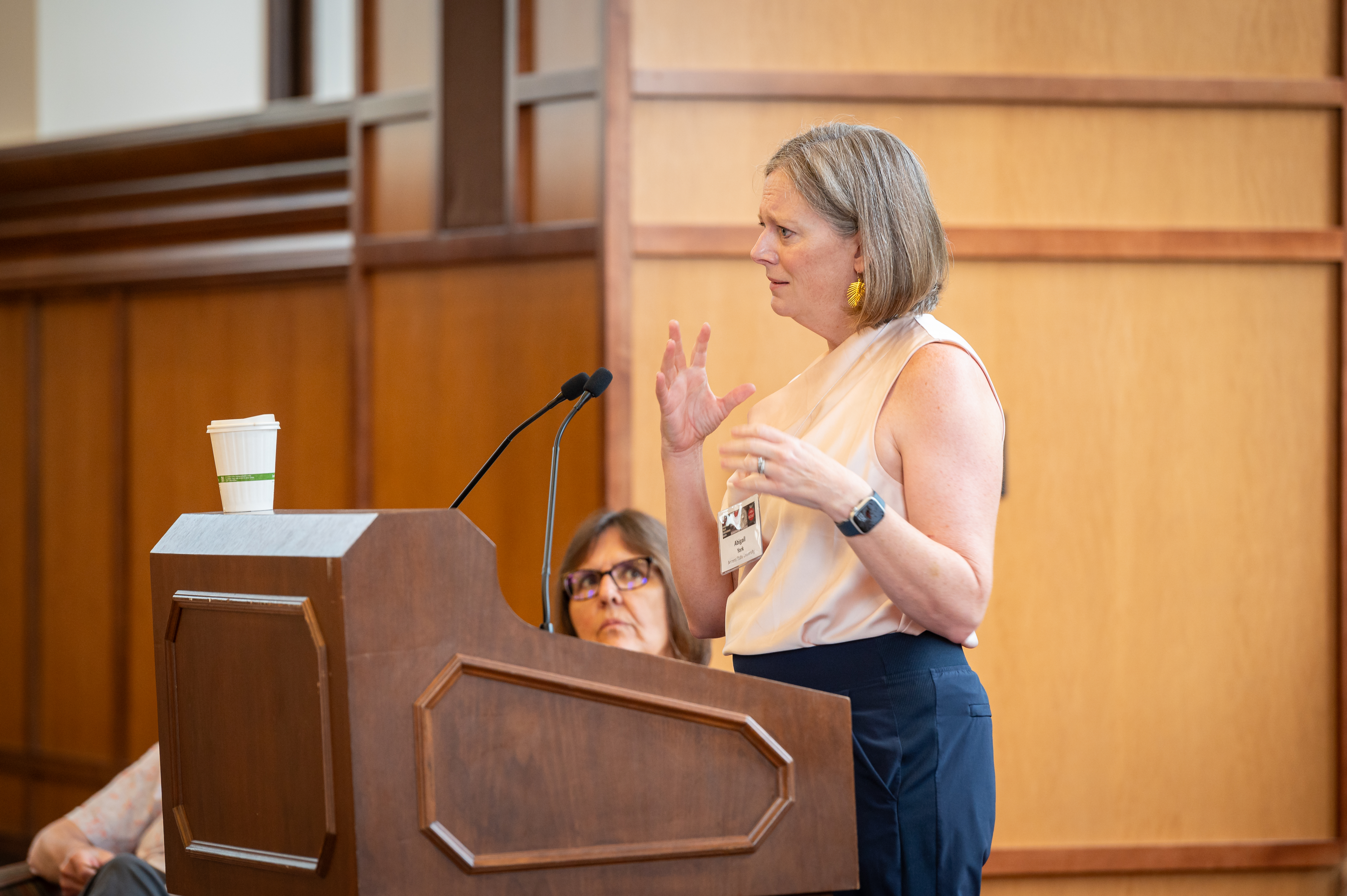
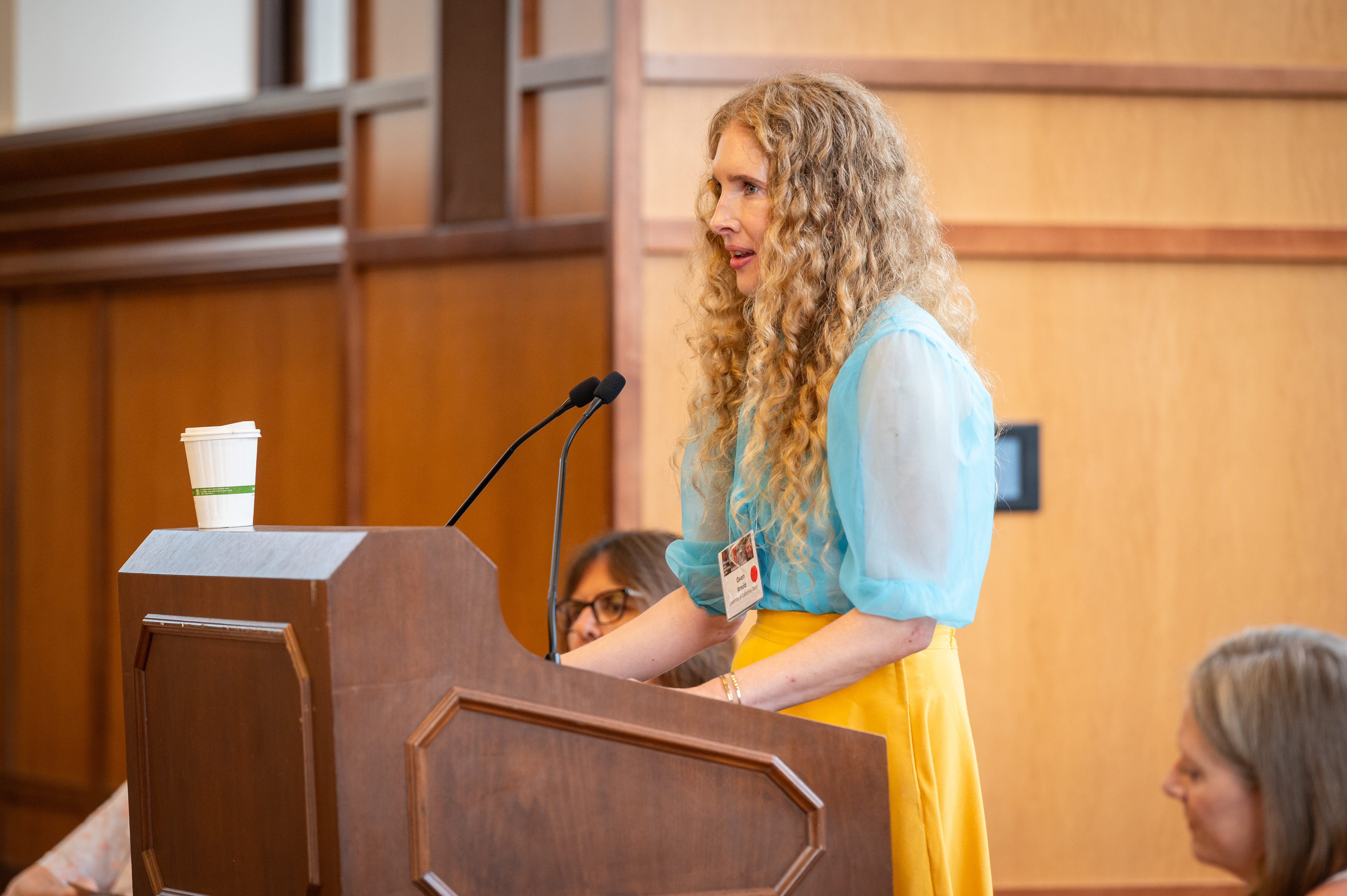
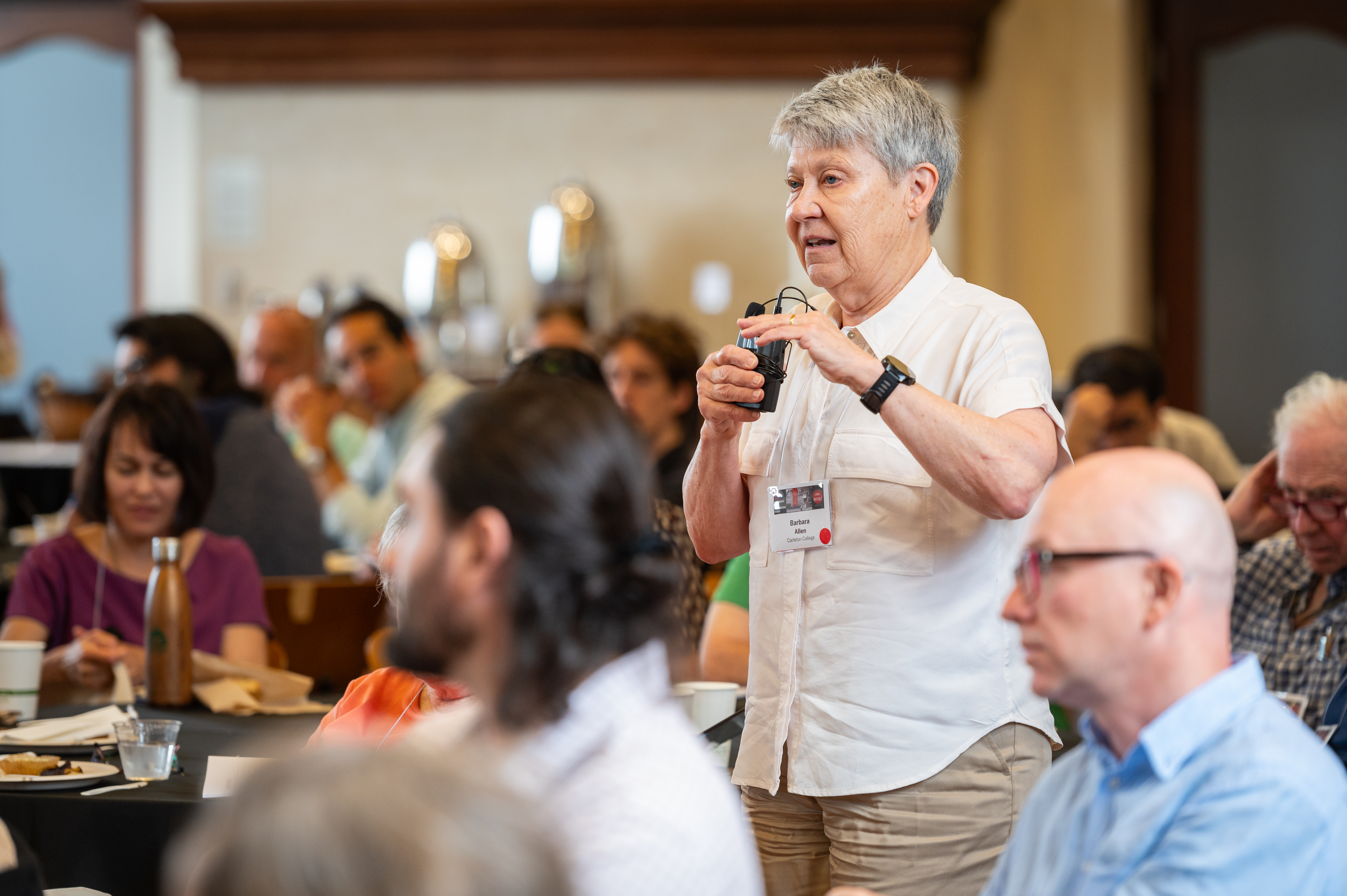
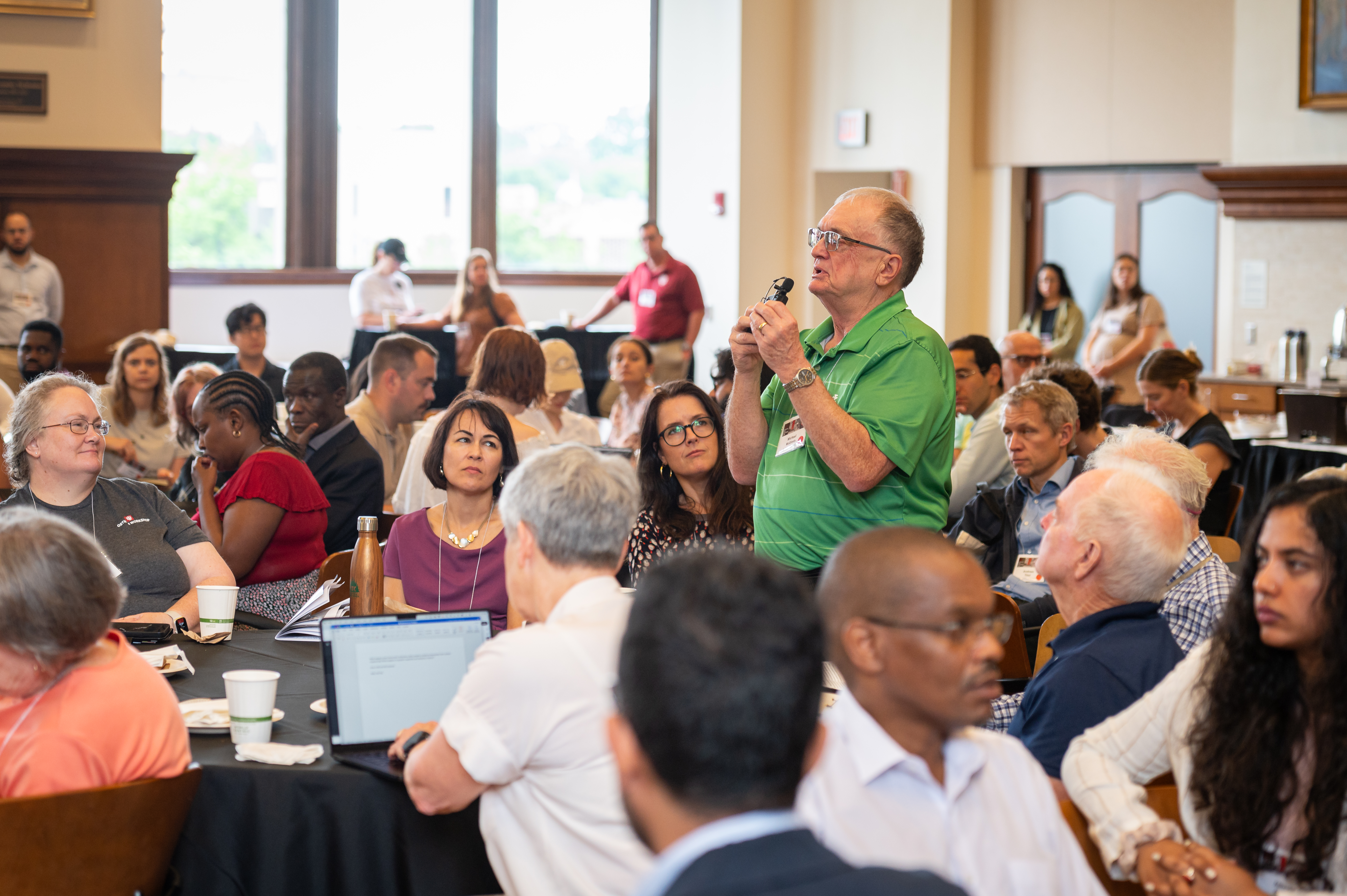
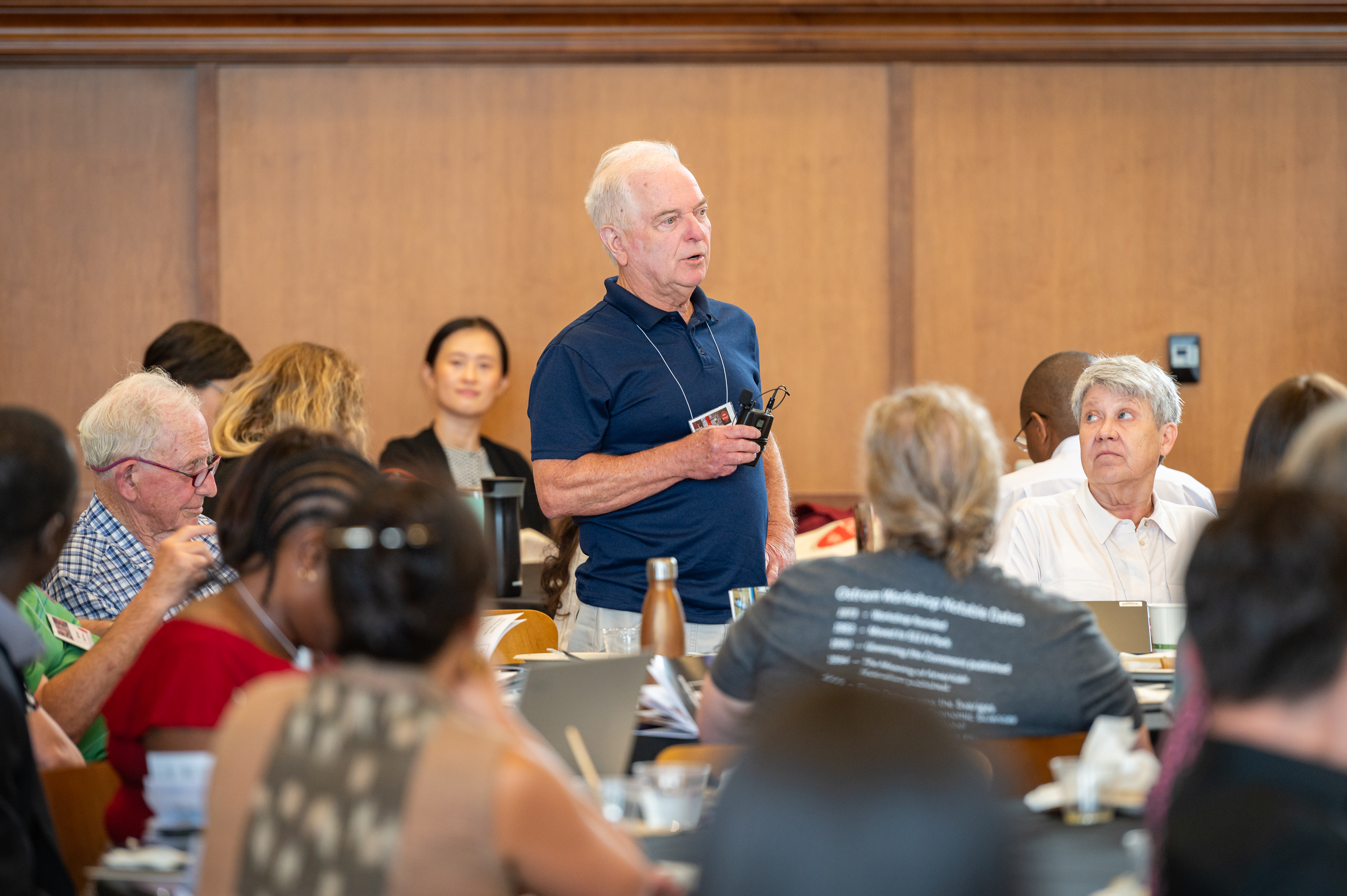
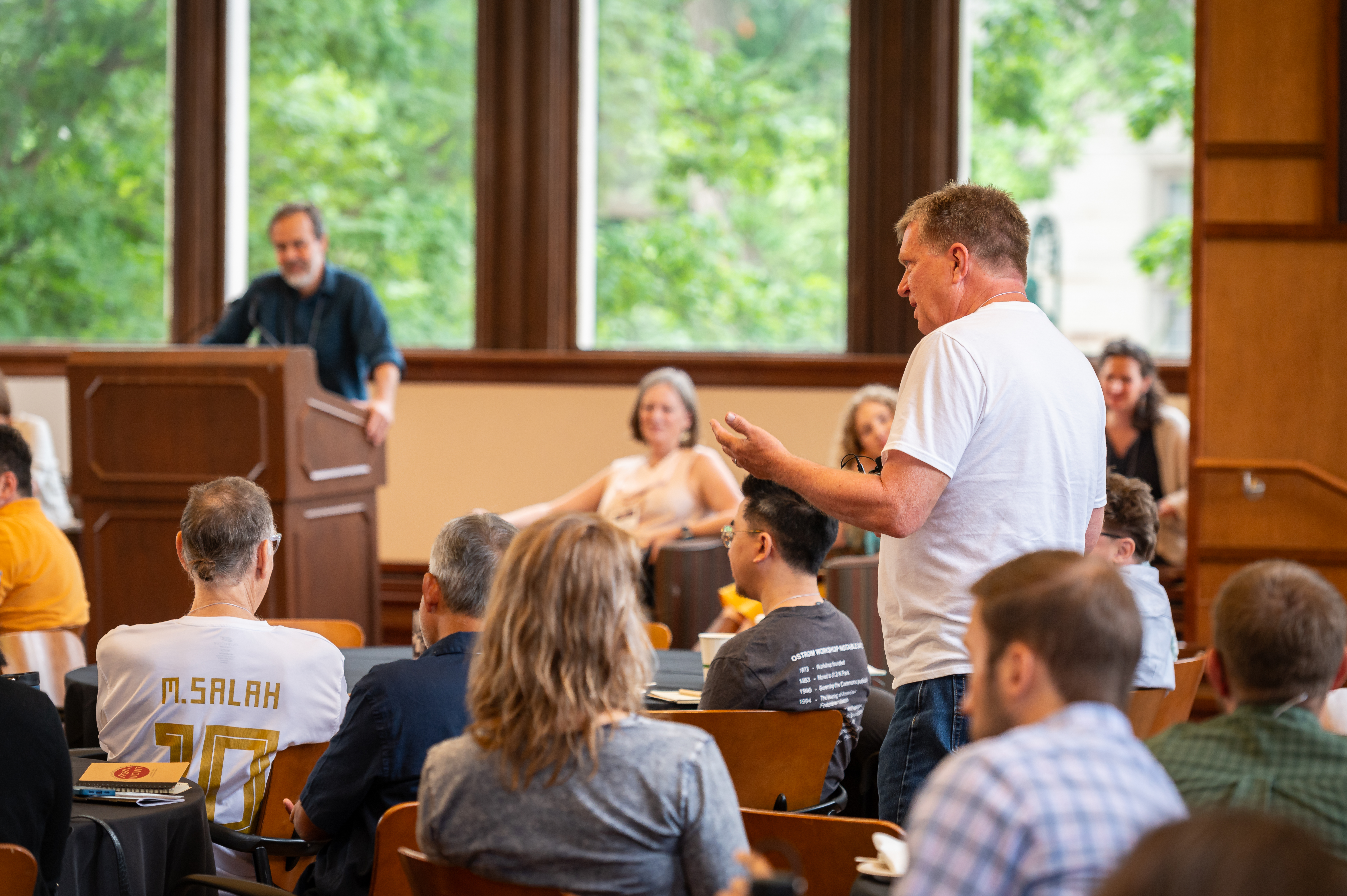
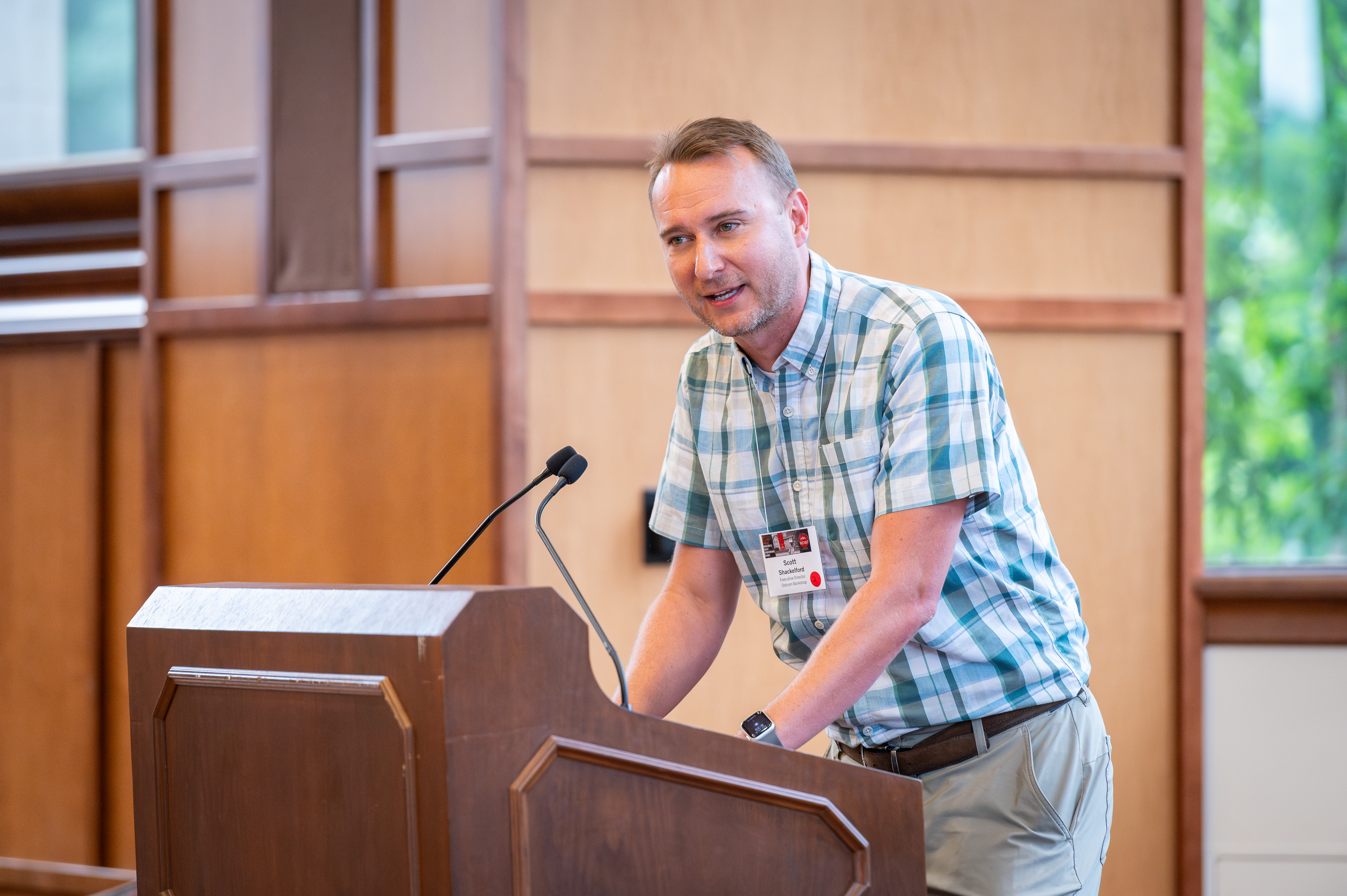
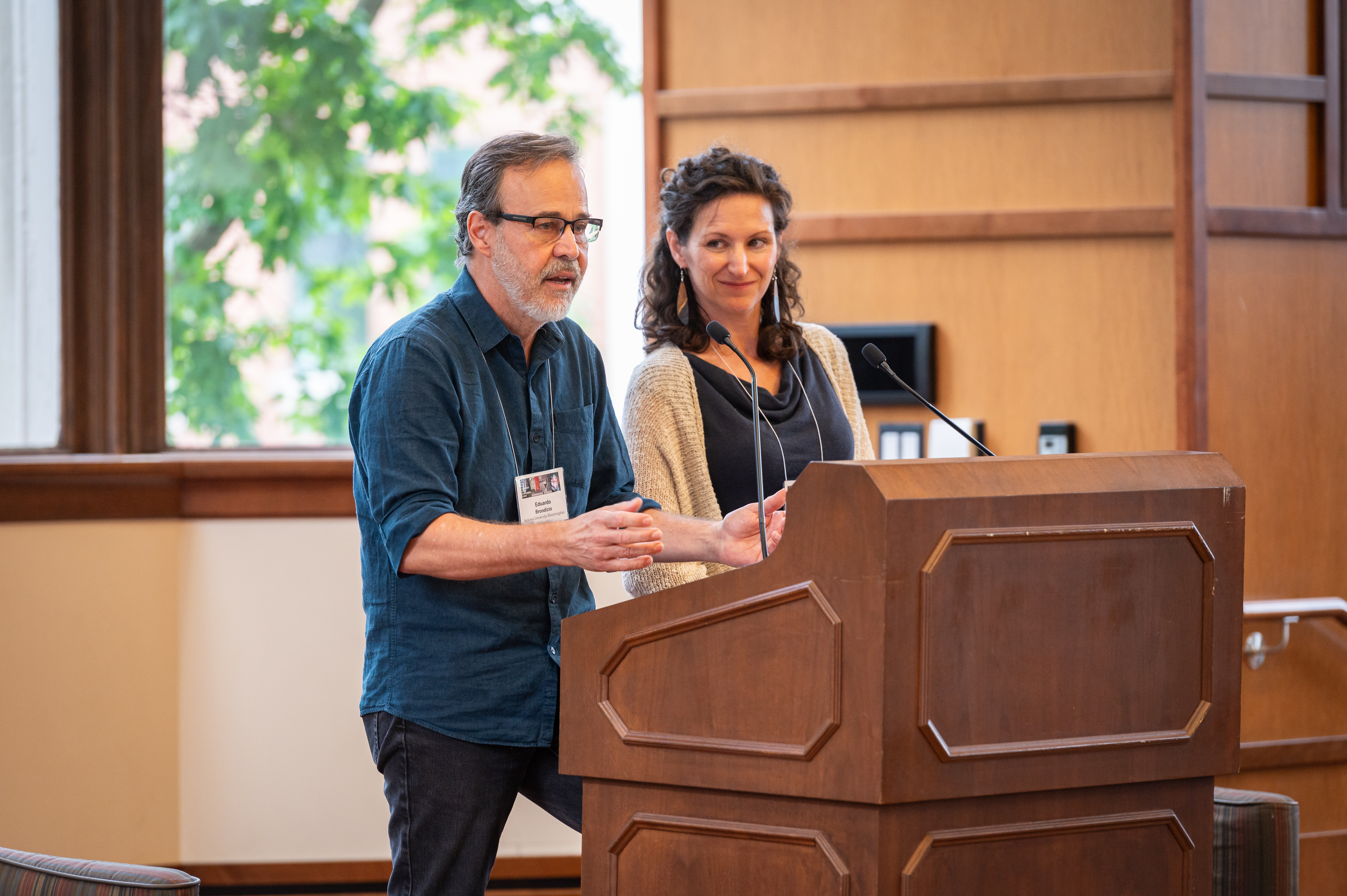
Her research program investigates the role of agency in the policy process, focusing on local government decision-making and policy entrepreneurship. She explores these issues across a range of substantive topics, including on high-volume hydraulic fracturing governance, wetlands management, legal cannabis regulation, city responses to climate change-associated hazards, and hydrogen energy transitions. She has published more than 30 peer-reviewed academic articles in top outlets such as Policy Studies Journal, Public Administration Review, Journal of Public Administration Research and Theory, Policy Sciences, and Review of Policy Research.
At UC Davis, Gwen co-directs the Center for Environmental Policy and Behavior and is lead faculty advisor for the Environmental Policy, Analysis, and Planning undergraduate major. Gwen is also Associate Editor and Short Articles Editor at Policy Studies Journal, the flagship journal for the American Political Science Association’s (APSA) Science, Technology, and Environmental Policy (STEP) Section.
Gwen’s awards include the 2016 John Kincaid Publius Best Article Award, 2018 UC Davis Chancellor’s Award for Excellence in Undergraduate Research Mentoring, 2021 Emerging Scholar Award from the APSA STEP Section, 2023 UC Davis Walker Academic Advising Award, 2023 UC Davis Spring Undergraduate Commencement Speaker, and 2023 Excellence in Faculty Advising Award from the National Academic Advising Association Region 9.
Outside of work, Gwen is a committed animal lover who has volunteered at Homeward Bound, a local dog rescue, for the past ten years. Her family has three dogs, three fish, and two cats, and previously had three chickens (RIP chickens). She and her husband, Ken, have three children: Kenny (13), Jordan (9), and Sadie (8). Raising them has made Gwen a professional at hiding vegetables in other foods (the key is to remove all the green peel from zucchini and then grate it) and semi-professional at icing sports-themed sugar cookies.
My research focuses on comparative institutional analyses of water laws, policies, property rights, and compacts in the western US. I am particularly interested in the design and performance of polycentric systems of water governance and how well such systems of water governance adapt to changing environmental, legal, and social circumstances. Journals I have published in include Land Economics, Policy Studies Journal, Publius, and the American Journal of Political Science. I am co-author of two books on western water governance, Common Waters, Diverging Streams: Linking Institutions and Water Management in Arizona, California, and Colorado (with William Blomquist and Tanya Heikkila); and Embracing Watershed Politics (with William Blomquist). I am also the lead editor of Navigating Climate Change Policy: The Opportunities of Federalism (with Kirsten Engel and Sally Rider).
My teaching centers on environmental policy and public policy. I teach both undergraduate and graduate survey courses on environmental policy, an undergraduate course on climate change policy; and a PhD seminar on theories of the policy process.
As the lead Principal Investigator of ARC-NAV (Arctic Robust Communities-Navigating Adaptation to Variability), York researches environmental governance and collective action in communities facing rapid change in Chukotka and Kamchatka, Russia, and Alaska, USA. Collaborating with local and Indigenous communities, her team co-designs adaptive governance structures. She is also a Co-Principal Investigator for the Alaska Coastal Cooperative (AC³TION) project, led by the University of Alaska Fairbanks and in collaboration with eight coastal communities, which focuses on adaptation to climate change-related challenges the Arctic such as coastal erosion, flooding, and permafrost thaw.
York co-leads the Earth System Science for the Anthropocene (ESSA) graduate training initiative, which trains scholars in transdisciplinary approaches to tackle Anthropocene challenges. The program emphasizes diverse perspectives and collaboration with rightsholders and stakeholders to solve complex problems.
In all aspects of her work, Abigail is committed to addressing environmental justice challenges and advancing sustainable governance solutions centered on the voices and knowledge of the communities most affected. In her personal life, she values quality time with her husband, Zach, and their three children: Zephyr, Juniper, and River. The kids are active in club swimming, so weekends, mornings, and evenings are often spent at the pool!


